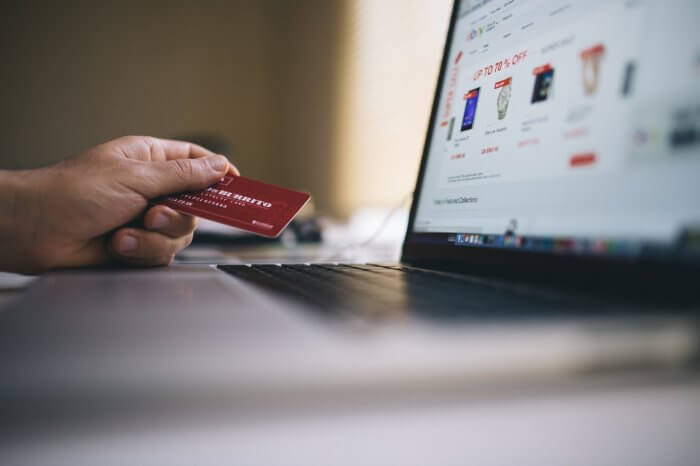
The ardent need for instant gratification has seen a burst of schemes like “Buy Now, Pay Later” hitting the online stores, permitting payments to be delayed. The idea behind this is quite simple: Purchase a product and pay for it later at the desired date. Just like what you do with credit cards, where the credit is given by fintech companies, and the limit is quite low, generally a few thousand rupees. Usually, you need to close your account every two weeks.
In India, fintech players have introduced this concept to their businesses now and it has got a good potential to bring “buy now, pay later” services to the mainstream.
Interestingly, with the help of Artificial Intelligence (AI) and Machine Learning (ML) systems, companies will work to generate dynamic limit based on one’s repayment history. Also, if there are leakages, the amount lost can be kept in check!
Several e-commerce and fintech companies are giving the opportunity to consumers to take the items home immediately and pay for them later at a given date. It may sound suitable, but there are several factors shoppers need to take into consideration before choosing deferral payment feature.
Buyers need to ask these questions:
- Is interest rate one of the main concerns of “buy now, pay later”? On several occasions, for purchasing items, this type of payment can be avoided for things or wait until one has saved good money.
- Who will accept your payments? Generally, stores conduct business with financial institutions, thus the seller may ask one to sign two contracts—with the store and financial institution that will receive payments.
- What is the total expenditure to be incurred, inclusive of interest?
- What is the mode of payment? For instance, do you have to pay the sum once or pay in installments in a year’s time? In case, it is a big amount, put money aside on consistent basis as many things can occur in a year’s time.
- What are the concerns of a late payment? Do you have to pay a heavy penalty? If there is a time lag for payment, it may be mandatory to pay interest calculated from the date of purchase, despite financing being offered at zero percent. In many cases, there are contracts where the store remains the owner of the article, until and unless it has been paid in partial or full.
- You’re shelling out money you don’t have. It is important to ask yourself if you have the money to make all repayments. If you find it troublesome with debt looming around your neck, a lot of psychological energy is wasted on worrying, imagining, and thinking, while the payments are being made.
- The moment an unforeseen expectation pops up, you might defer “interest-free” payment on the assumption that you’ll catch up next month. This may happen again and again. Then comes the deadline, there are no money and interest rate shoots through the roof!
- You’re buying an item just for the sake of it being a want and not a need. In case, there is trouble brewing on money, you should make your needs a priority over wants.
- If one has a financial constraint, it is better not to choose “buy now, pay later”. There is a possibility of landing in a deeper hole with a high cost of credit!
- The biggest hurdle with this scheme is the ease, with which people take home stuff they have yet to pay for, leaving them with the ecstasy of purchase, without making a payment immediately after a purchase!

